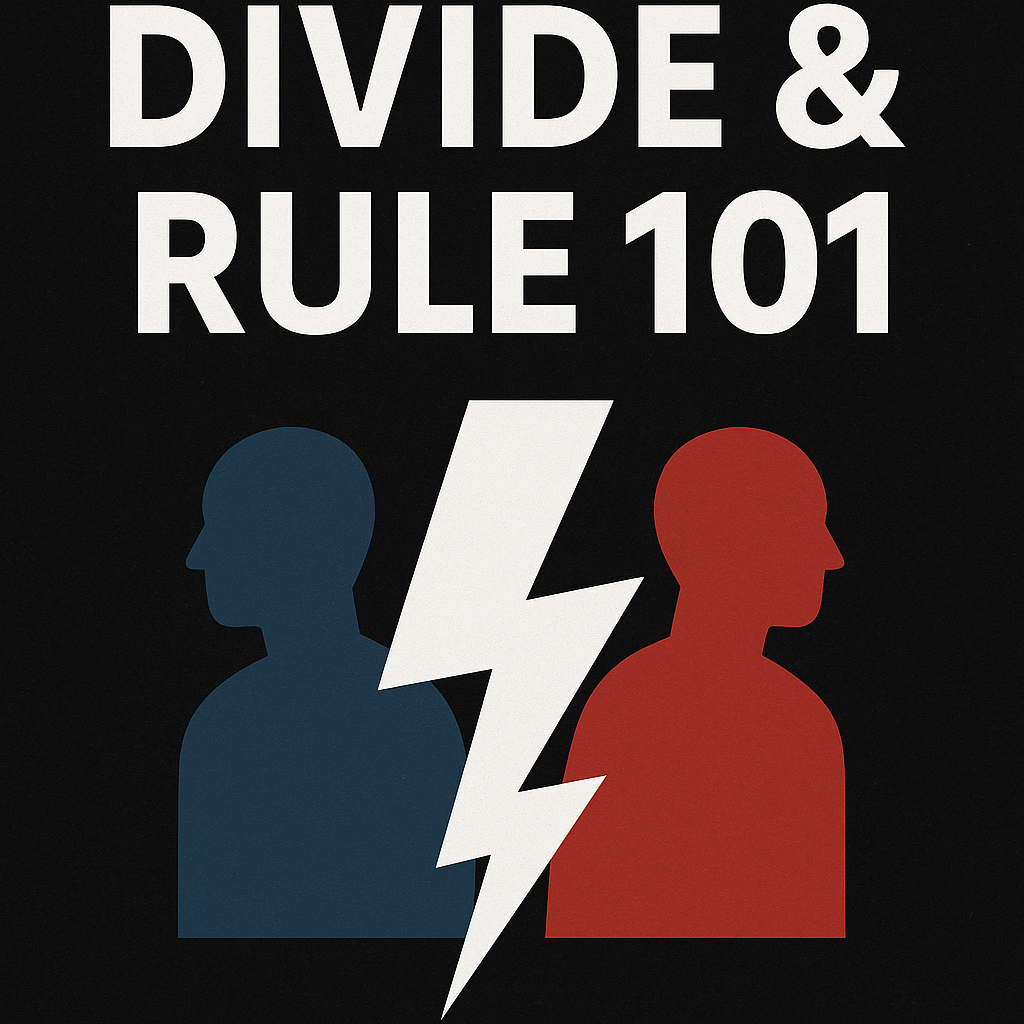Ovidio Díaz Espino’s How Wall Street Created a Nation: J.P. Morgan, Teddy Roosevelt, and the Panama Canal offers a compelling exploration of the geopolitical, economic, and financial forces that shaped the creation of the Panama Canal. This meticulously researched book delves into the intersection of Wall Street’s power, American imperialism, and political maneuvering in the early 20th century. Below is a detailed overview:
Core Themes and Content
Wall Street’s Role in Panama’s Independence:
- The book illustrates how financial giants like J.P. Morgan manipulated economic and political systems to influence the separation of Panama from Colombia in 1903.
- J.P. Morgan & Co. served as the fiscal agent for the newly created Republic of Panama, controlling the financial transactions involved in the canal deal.
- Díaz Espino highlights how Wall Street profited from the transaction, with banks and financiers securing significant commissions and control over international finances.
Teddy Roosevelt’s Imperial Ambitions:
- Díaz Espino discusses President Theodore Roosevelt’s determination to secure the canal for the United States as part of his broader vision of American expansionism.
- Roosevelt’s willingness to use force and diplomacy to achieve this goal, including supporting Panama’s independence, underscores his pragmatism and belief in U.S. dominance in the Western Hemisphere.
The French Connection:
- The book examines the failed efforts of French engineer Ferdinand de Lesseps to construct a canal through Panama, which resulted in financial disaster and left assets available for U.S. acquisition.
- The author details the U.S. purchase of these assets at a fraction of their value, facilitated by political and financial maneuvering.
Economic and Political Corruption:
- Díaz Espino reveals how bribes, backroom deals, and collusion between American politicians, financiers, and Panamanian elites paved the way for the canal’s construction.
- He highlights the manipulation of public opinion and political processes to legitimize questionable actions.
Impact on Panama:
- The book explores the consequences of these actions for Panama, including the nation’s dependence on the U.S. and the economic exploitation that accompanied the canal project.
- While the canal brought global attention and economic opportunities, it also entrenched inequality and limited Panama’s sovereignty for decades.
Significant Figures
- J.P. Morgan: Played a pivotal role as a financier, organizing the $40 million purchase of French canal assets and overseeing the financial dealings of the project.
- Theodore Roosevelt: His foreign policy, known as “Big Stick Diplomacy,” was instrumental in securing the canal zone for the U.S.
- Philippe-Jean Bunau-Varilla: A French engineer and lobbyist who influenced U.S. policymakers to favor Panama over Nicaragua as the canal’s location. He became a key figure in Panama’s independence movement and subsequent negotiations with the U.S.
Key Takeaways
The Intersection of Finance and Politics:
- The book demonstrates how Wall Street’s financial interests aligned with American political ambitions to reshape the map of the Americas.
Imperialism in Action:
- It provides a case study of U.S. imperialism, showing how economic interests were used to justify interventions and territorial acquisitions.
Moral and Ethical Questions:
- Díaz Espino raises questions about the morality of the actions taken by the U.S. and Wall Street, emphasizing the human and national costs of their decisions.
Legacy of the Panama Canal
- The canal remains a symbol of engineering excellence and a cornerstone of global trade, but its construction came at significant financial, political, and human costs.
- Díaz Espino’s analysis highlights the lasting impact of these historical events on U.S.-Panama relations and the broader region.
Writing Style and Reception
- Díaz Espino writes in a narrative style, blending historical analysis with vivid storytelling to make complex events accessible and engaging.
- The book has been praised for its detailed research and its ability to shed light on lesser-known aspects of the Panama Canal’s history, offering a critical perspective on the role of financial power in global affairs.
How Wall Street Created a Nation is a vital read for anyone interested in understanding the nexus of finance, politics, and imperialism, as well as the transformative impact of the Panama Canal on global trade and international relations. It serves as a cautionary tale about the far-reaching consequences of unchecked economic and political power.







